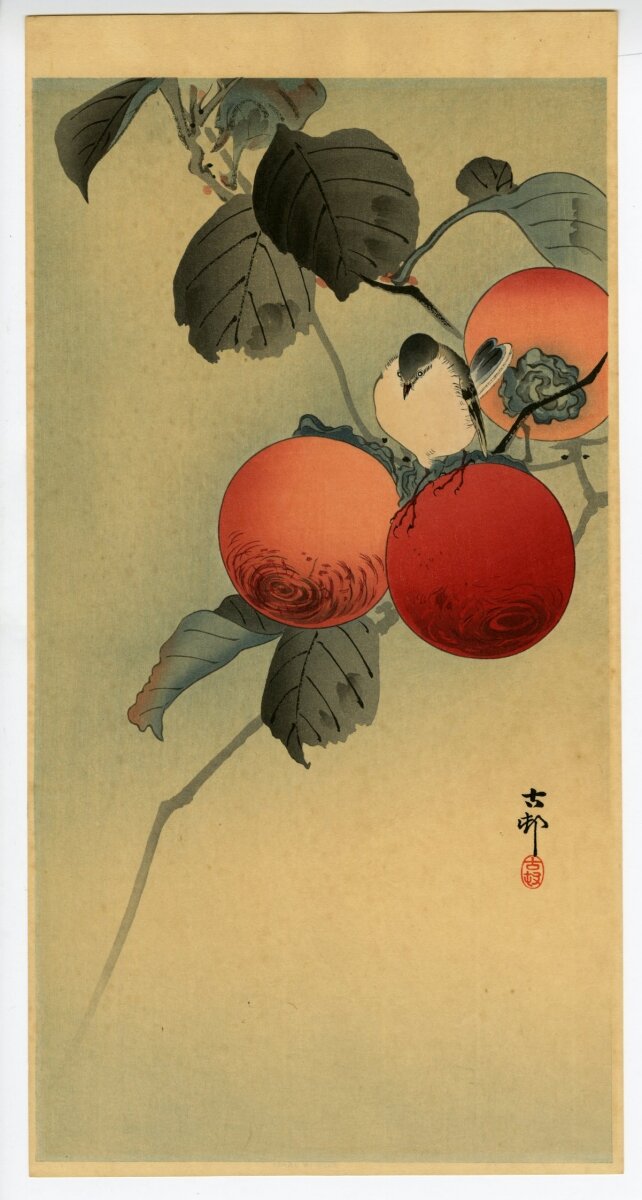My friend Tess produces a beautiful weekly newsletter called The Other Side, which provides a curation of wholesome, funny, and personal content. It’s a delightful reprieve from the endless blizzard of Corona-news we’ve become accustomed to. I encourage you to read, subscribe and share with your friends here: https://www.theotherside.community/
Today’s Easter Sunday edition included this beautiful poem called The Emperor by Matthew Rohrer, an American poet. It’s a gentle and cosy meditation on love:
The Emperor,
By Matthew Rohrer
She sends me a text
she's coming home
the train emerges
from underground
I light the fire
under the pot, I pour her
a glass of wine
I fold a napkin under
a little fork
the wind blows the rain
into the windows
the Emperor himself
is not this happy.
I love the simplicity of the poem: its hardboiled, elemental words, the haiku-like immediacy of the present tense and the mindfulness of each moment, and the way a broad picture of their love and happiness is depicted through a focus on small, everyday phenomena.
Japanese White-eye on Persimmon, Ohara Koson (1877–1945)
It made me think of the below poem “The Earth Turned to Bring us Closer” by Venezuelan writer Eugenio Montejo. I’ve long admired the poem for its cosmic perspective of the Earth, the way it collapses and interweaves time and space, and how it movingly depicts life and love as music or a dream:
The Earth Turned to Bring us Closer
By Eugenio Montejo
The earth turned to bring us closerit turned on itself and within us
until it finally brought us together in this dream
as written in the Symposium.
Nights passed by, snowfalls and solstices
time passed in minutes and millennia.
An ox cart that was on its way to Nineveh
arrived in Nebraska.
A rooster was singing some distance from the world,
in one of the thousand pre-lives of our fathers.
The earth was spinning with its music
carrying us on board;
it didn't stop turning a single moment
as if so much love,
so much that is beautiful
was only an adagio written long ago
in the Symposium's score.
The last sunrise of the 2010 decade
Byron Bay Lighthouse, Australia
31 December 2019
The final poem I read today is called Rain. It’s by Hone Tuwhare (1922-2008), New Zealand’s most distinguished Māori poet writing in English who became the country’s second Te Mata Poet Laureate in 1999. I thought about this poem after flicking through A New Zealand Prayer Book. While it’s ostensibly about the natural world, a source of deep inspiration for Tuwhare, notions of love and the divine emanate from the poem:
Rain
by Hone Tuwhare
I can hear you
making small holes
in the silence
rain
If I were deaf
the pores of my skin
would open to you
and shut
And I
should know you
by the lick of you
if I were blind
the something
special smell of you
when the sun cakes
the ground
the steady
drum-roll sound
you make
when the wind drops
But if I
should not hear
smell or feel or see
you
you would still
define me
disperse me
wash over me
rain
Tuwhare’s words drip gently down the page like raindrops. For me, the poem captures the ambient, all-encompassing nature of love, and how it’s able to reach and affect us in so many different ways. Even when we’re not attuned to it, aware of it, or able to experience it, the love is still there.
On Easter Sunday, the religious readers of this post might also think about God’s love in this way.
Happy Easter, and please enjoy Julia Jacklin’s stunning rendition of “Don’t Let the Kids Win”.

